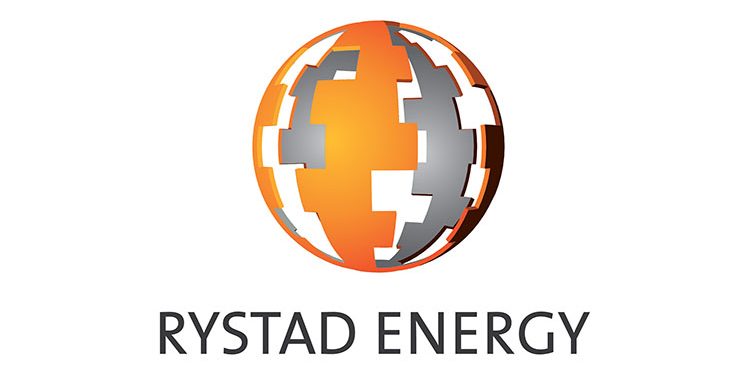Rystad Energy: Early Christmas Cheer for Oil Markets as Omicron News and Iran Talks Push Prices Higher
The oil market is experiencing some early Christmas cheer today, extending its recent run of gains thanks to rising optimism surrounding the omicron variant and its potential impact on demand in the remainder of this year and the first half of 2022.
Oil rebounded from a collapse last week to post a near 5% gain yesterday, and that trend looks likely to continue as the market preemptively prices in a mild omicron impact on oil demand.
Positive Eurostat data showing growth in both GDP and consumption for the third quarter of 2021 is boosting oil prices, as well as reporting by China that crude imports rose above the 10 million bpd threshold in November 2021.
However, China’s positive crude import data should be taken with a pinch of salt as it could be leftover bullish signals from August, reported on a three-month lag.
Nonetheless, should the positive data trend continue into December 2021, it can be interpreted as a stamp of material recovery in refinery activity in China, the world’s most-watched crude market.
The stalled indirect Iran-US nuclear talks are also helping to push oil prices higher, as faltering negotiations keep Iranian crude supplies out of the marketplace.
Finally, oil prices are still buoyed by Sunday’s news that Saudi Arabia, the world’s largest oil exporter, raised its selling prices for January, sending bullish signals to traders.
However, this flurry of good news may be encouraging the oil market to jump the gun somewhat as the jury is still out on omicron’s full impact.
Health experts have reiterated their position that it will be at least two weeks until enough information is available to draw conclusive guidance on dealing with the highly-infectious omicron strain, so the positive market reaction may be based more on hope than quantifiable demand projections.
Many countries will likely keep their restrictions in place until they hear more from the World Health Organization, whose findings may come before Christmas and not in time for widespread holiday lockdowns.
In the meantime, there are some transitory impacts of lower oil demand, in particular on jet fuel, as travel restrictions in places like Japan, the US and Europe will remain tight through year-end at the very minimum.
Mild weather in the US has kept natural gas prices in check, but Europe’s cold-snap still provides upward speculation across the commodities complex.
The accurate barometer will be how cold of a winter Asia experiences, as the lion’s share of gas-to-oil switching will occur there and is most at risk of any Covid-19 impacts.






